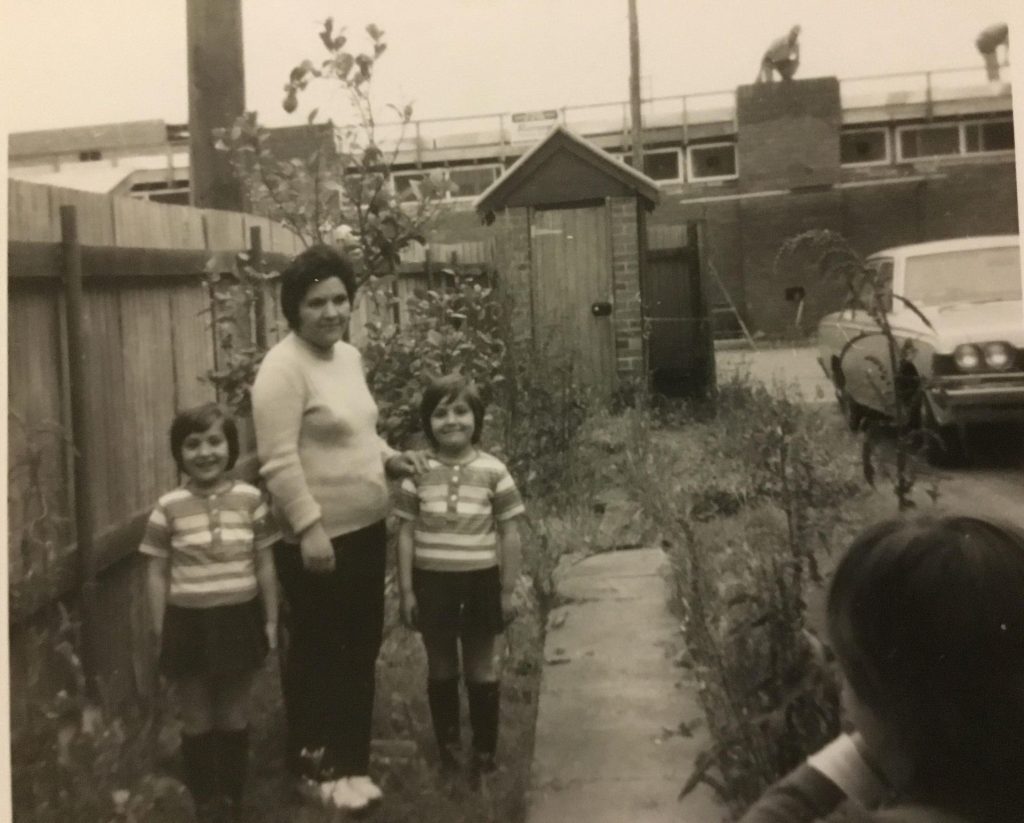By Kathy Karageorgiou
Many Greek Australians who visit Greece say they’d love to live here, but working here – or rather, not working within decent conditions here – stops them. I spoke to two Greek Australians who have lived and worked in Greece for decades, to suss out what their experiences have been.
Constantine Marlasis, 56 years of age, was born in Melbourne, Australia and moved to Greece with his parents and younger sister when he was 17. A degree holder in accounting and marketing, his first main, full-time job in Greece was at a relative’s property development company – where he stayed for five years.
“In that time, I wasn’t paid any IKA (health and pension contribution insurance), and even though I confronted my boss many times, his response was that the company was on its way up and into big money, so there was no need for trivial employee insurances,” Constantine explained.
“I wasn’t happy with my work situation and as my wife at the time was fed up with living in Greece, we decided to move to Australia – to Queensland’s Gold Coast where the weather was good.”

This return to Australia in 1999, lasting for over a decade, saw Constantine work mainly in property management in the Gold Coast region. Work there was plentiful and rewarding in terms of both pay and people, he tells me, adding: “Australia has strict regulations. It’s a bit of a police state. Even socially, people there rarely deviate from routine, so you have to organise in advance just to meet a friend for coffee for example, unlike here in Greece where things are more laid back.”

Divorce and feelings of isolation were the reasons that Constantine moved back to Greece permanently in 2013, where he eventually secured full time employment in customer service for an outsourcing company.

“In the seven years I worked in this capacity, the company managed to get away with a shifty system – changing our employment contract to working for another company, before each year ended,” Constantine said.

“I wanted to leave, but would not be eligible for employee legal entitlements since ‘on the books’ I hadn’t worked for the same company for more than a year. These entitlements that come from being at the same company for over a year include pay rises, holiday pay and severance pay.”
Exasperated, he continues, “I finally managed to complete a year ‘on record’ with my employer – using left over holiday entitlements, thanks to a clever accountant’s advice.”
He also relates how working in an office with a nice view of Athens was soon put to an end.
“The employer decided to place a dark membrane covering over the windows, for the sake of potential better staff productivity!” he said.
Constantine then tried working for a large real estate agency in Greece, but found it exploitative as they only paid on commission.
“I had to drive around traffic-ridden Athens to show people properties at my own expense, and soon decided it just wasn’t worth it,” he said.
Constantine has been unemployed for almost a year now, with a potential job in the tourist industry as a chauffeur, on the cards.
“Luckily, with the savings I had from Australia mainly, I managed to buy myself an apartment, otherwise I suppose I’d have to move back with my parents at my age!” he explained.
This wouldn’t be so unusual as European official statistics for 2023 still note that seven out of ten Greeks aged 18-34 live with their parents.
Kris Koutsogiorgos, in her 50’s, also has work experience both in Australia and Greece. Of her working life in Australia, post high school in the late 1980s, she relates good experiences.
“I worked for a major travel company, where I was well paid and in a good environment. Even doing other temporary work was rewarding and enjoyable,” she said.

But, like many Greek Australians initially on holidays here in Greece, Kris decided to stay on permanently in 1991. She married, had two daughters, before divorcing when the girls became adults, and then embarked on “becoming independent” through employment in Greece.
I note, from a recent article that confirms what many Greek friends and relatives have told me, that working way over 40 hours per week with no overtime is not unusual here.
“I certainly worked overtime! Luckily the tips made the pay acceptable. In Mykonos, I actually had a side gig happening where I’d refer tourists to good places to eat and earn a cut from these businesses,” Kris exclaims cheerily.


On the downside, Kris confesses, “at every job here, I found lies and jealousies.”
What is more, the exploitation by some Greek employers of migrants from poorer nations having come to Greece in desperation and hence accepting lower pay, exacerbates the already difficult conditions for Greek (including Greek Australian) employees.

There is a fair work practices, governmental Ombudsman service which disgruntled and essentially exploited workers can reach out to, but many avoid doing so due to a lack of trust in the Greek bureaucratic process.

Yet, like Constantine, Kris still enjoys life in Greece, citing her first holiday impressions from back in 1991 including “the simpler way of life, mothers on the street with chairs and a coffee, chatting, unlike Australia’s work and home routine” adding, “though life here is becoming a bit more like that now unfortunately.”
Kris’ current employment involves taking care of an elderly lady, and seasonal work as a tourist guide.

“Though I prefer the lifestyle of Greece to Australia, returning to Oz is not off the cards,” Kris states thoughtfully, with Constantine nodding, “same here,” while I catch myself thinking of echoes of our parents’ migration stories.

